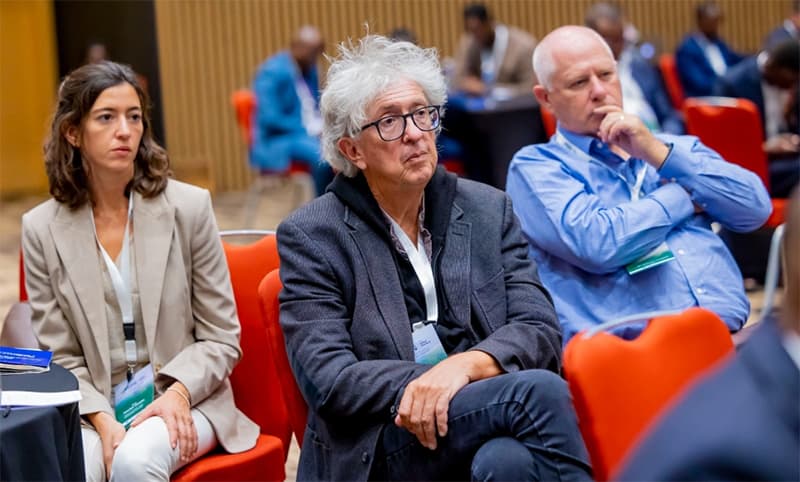Faustin Munyazikwiye, Deputy Director General of Rwanda Environment Management Authority (REMA), announced that the East African country is actively seeking investors to engage in the development of alternative packaging solutions that are environmentally friendly.
The statement was made during a panel discussion on ‘Packaging and Logistics in Agribusiness’ at the EU-Rwanda Business Forum held on 26-27 June, 2023, at Kigali. Themed ‘Rwanda – Your Gateway to Africa’, the forum brought together over 600 participants from Rwanda and Europe, including industry leaders from the private sector, diplomats, and other officials.
Munyazikwiye emphasized the significance of innovation, research, and the use of suitable raw materials to achieve sustainable packaging solutions and combat the scourge of plastic pollution in Rwanda. With operators showing a noticeable shift from plastic to glass bottles, Munyazikwiye also expressed eagerness to attract investors interested in the recycling of glass bottles. However, he stressed on the importance of ensuring that surplus glass bottles do not become a burden for the community.
To address this, Munyazikwiye called for innovative public-private collaborations to tackle the challenge together. In Rwanda, only two beverage manufacturers, Inyange Industries and Skol Brewery, have currently initiated trials for packaging beverages in glass bottles.
While Rwanda allows the use of home compostable plastics, Munyazikwiye urged investors to consider this alternative as businesses gradually transition towards sustainable packaging options. He also emphasized on the detrimental impact of plastics on the environment and the urgent need to explore cost-effective alternatives.
Ever since the 2019 law banning the manufacture, use, and import of single-use plastics, Rwanda has been at the forefront of sustainable packaging solutions. In line with this commitment, REMA and the private sector have entered into an agreement whereby private operators using plastic bottles must contribute a certain amount towards collection and recycling. The initiative aligns with the impending environmental levy scheme and currently has around seven companies involved in plastic recycling activities, with focus on bottles and polythene bags.
Rwanda’s push for investors in environmentally friendly packaging innovations reflects its commitment to combat plastic pollution and lead the way in sustainable practices. With a focus on recycling glass bottles and home compostable plastics, the country aims to promote public-private partnerships to create a more sustainable future.
